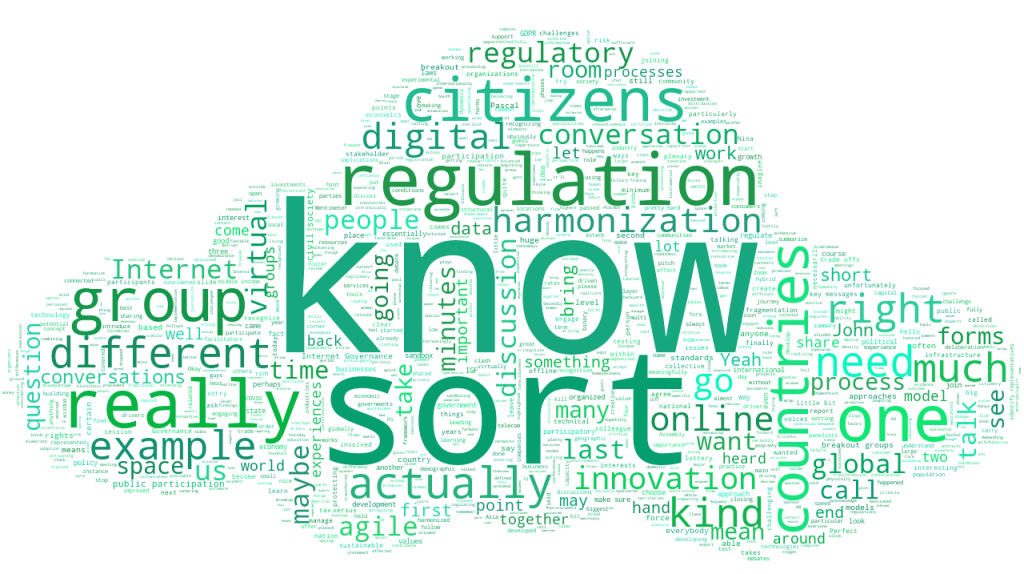To regulate or not to regulate?
1 Dec 2022 06:30h - 08:00h
Event report
Finding a balance between human rights protection in online spaces and economic competitiveness has challenged policymakers to find effective regulatory approaches. Addressing the challenges while also looking at the effects of regulation on digital sovereignty, harmonisation of different regulatory models, and inclusivity, were the main topics of discussion.
Data flows can bring many benefits to economic competitiveness, as data can flow freely while enhancing the industrial sector. Additionally, data can enhance the cognitive process and decision making, as can be seen in the use of AI tools for recruitment. However, this has brought many negative effects, as these tools may harm privacy and allow discriminatory decisions.
One of the challenges addressed is that countries have different starting points in data regulation. Due to a lack of capacity, developing states are often put in a disadvantageous position in regard to digital services and data regulations. This has affected the digital sovereignty of states, as data is often collected in one state but allowed to flow in another. Infringement on local industries may result. A regulatory model that protects digital sovereignty and that can be used as an example is that of the EU. Considering the increase of cross-border data, it is vital to ensure that all states achieve SDGs and effective regulatory frameworks.
In achieving an effective regulatory framework, it is important to ensure balance. Considering that technology changes rapidly, one way of balancing innovation and consumer protection is the adoption of agile regulatory forms and regulatory frameworks. This would enable us to test how innovation works and see the areas that need addressed. However, while this could help low-income countries boost their economies, it could risk their becoming a testing field of technology. Additionally, this process could be costly as more resources are needed to test innovation, which contradicts the purpose of ensuring sustainable growth.
Another aspect that needs to be considered in achieving an effective regulatory framework is the inclusion of citizens, since engagement produces data legitimacy. If people understand the process of the development of data, it will be easier to ensure effective regulatory development. An example of how to enhance public participation is the global initiative, ‘We the Internet’. In this project, dialogues with people from 70 different countries were held on the effects of digitalisation.
Additionally, the international harmonisation process plays a significant role in the development of national technology and policy regulations. The GDPR is a good example of such a process as it enhances the economic sector and enables states to conduct digital services with one another. Lastly, it is important to include civil societies in the process of developing regulatory frameworks to ensure the protection of human rights and find ways of mitigating data harm.
By Bojana Kovac
The session in keywords
Related topics
Related event


